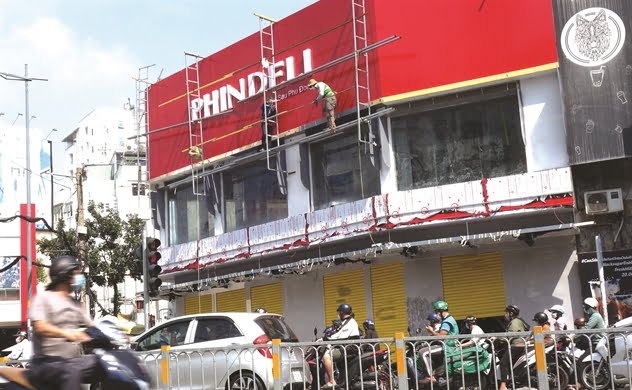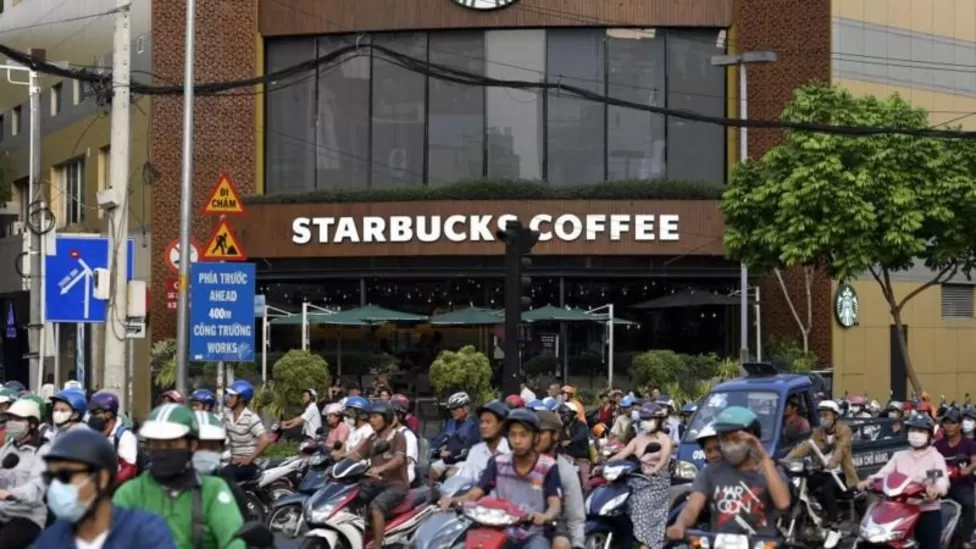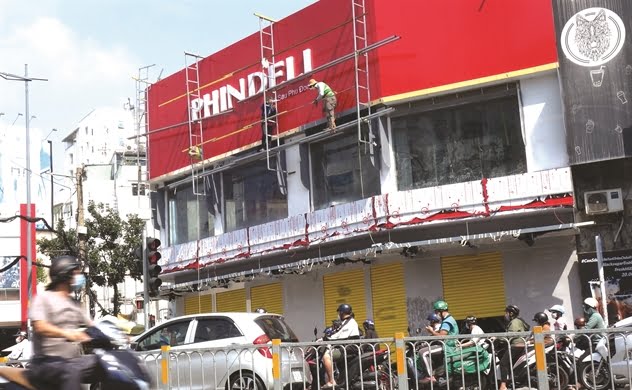
The Coffee House chain currently has 180 stores nationwide. During the epidemic, social distancing regulations forced several of these stores to remodel, and others had to cease operations. The coffee chain’s CEO, Le Ba Nam Anh, told NCDT that the goal is to reopen all of its stores across the country by the end of this year.
Return to the market
Similarly, the coffee chain Milano Coffee has announced a gradual resumption of production and operations in recent weeks. The past few months have demonstrated the resilience of a low cost ownership model and a “product-based” business model aimed at targeting loyal customers with high-quality beverages and competitive prices. Founder and CEO Le Minh Cuong said this is the reason why the company will continue to expand its franchise business, which currently has around 2,000 units, paying more attention to the potential benefits each unit so that the chain may hopefully maintain its sustainable growth.
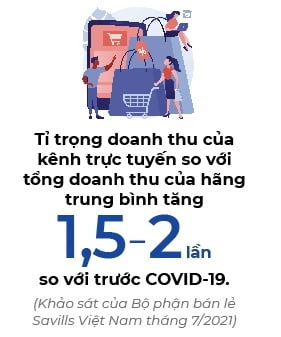
Not only The Coffee House or Milano Coffee, but the Kido Group’s Chukchuk chain, which specializes in baked goods and coffee products, is also preparing to reopen. According to Tran Le Nguyen, general manager of Kido Group, Kido plans to sell drinks online soon. After reopening, the company will return to its previous goal of expanding the store chain and the cart kiosk system.
Considering that the Vietnamese economy still faces many challenges due to the impact of the epidemic, the above-mentioned companies are worthy of note. During the difficult period, Vietnamese people tend to be very cautious, which results in a year-on-year decrease of 2.83% in private consumption and a decrease in domestic capital investment. In fact, since 2000, many coffee chains have exited the market.
However, Mr. Giovanni Zangani, Founder and CEO of Maestro Equity Partners, viewed that this is only a short-term challenge. There are three main reasons driving the economy’s recovery in Vietnam. The first is the strong start-up spirit, with over 130,000 new companies registering every year. The second is the stable currency, with a low annual inflation rate of around 3%. The final reason is that the epidemic has forced more and more Western countries to diversify their supply chains, making Vietnam a natural choice.
Last but not least, the Vietnamese F&B industry has always been an attractive industry, not only because of the increase in consumer spending but also because of the opportunity to modernize the industry through the development of chain brands. The pandemic has not changed the growth dynamics of the industry but has accelerated modernization without posing a long-term threat. “Therefore, we remain committed to supporting founders with big ambitions by investing between $5 million to $20 million in local F&B companies over the next few years,” said Mr. Giovanni Zangani.
Change to adapt
Mr. Nam Anh of The Coffee House shared that the company would develop a new takeout and delivery model in Ho Chi Minh City, to make the chains stores closer to where its customers live, work and shop.
Meanwhile, a representative for Milano Coffee said: The company has not made any major changes other than increasing support for its online and takeaway service franchisors. The company also believes that brands with sophisticated and adaptable models will continue to gain market share as coffee is an integral part of life in Vietnam.
Mr. Giovanni Zangani said from an investor’s perspective that one of the most notable changes at the restaurant level is the continued focus on simplifying and improving menus to offset the rising ingredient costs and to increase takeout options.
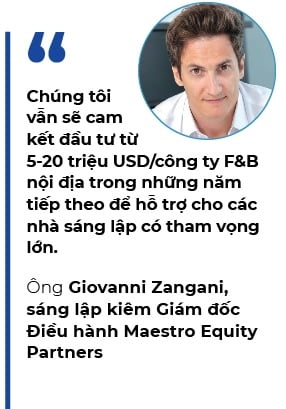
Overview of the industry, Mr. Giovanni Zangani expects that there would be a M&A trend from the top-effective models to capture market share, taking advantage of available cheap premises to improve the efficiency of business models and closing poor premises.
The main competition is still to find talent, because despite the trend of consolidation in the industry, it often brings more resources to the remaining players. Therefore, companies in the F&B industry will tend to pay more for a small number of highly skilled workers instead of paying massively for low-skilled workers and to accept a high turnover rate of personnel as happened in the past.
In terms of technology, given the high service fees of delivery platforms, companies will pay more attention to “digital takeout customers,” i.e. customers who order on digital platforms but come to pick up. These orders are more profitable because businesses can gather more information about customer preferences and better manage the customer experience. The aforementioned factors also influence investor views on future F&B models, with a focus on profitability at the store level and a preference for models better suited to self-pick-up.
“Furthermore, more flexible and less capital-intensive business models such as franchising, which have been difficult to implement in Vietnam due to the limited legal framework, will also be evaluated at a higher value” said Giovanni Zangani.

